Das Olympische Bildungsmagazin
Rudolf Scharping sagt …
- Jens Weinreich
- 17. Oktober 2008
- 21:07
- 15 Kommentare
Der BDR-Präsident hat heute offenbar eine Pressekonferenz gegeben, in der er sich wohl auch zur Diskussion des Bundestags-Sportausschusses geäußert hat, die hier im Blog umfassend wiedergegeben wird. Der BDR-Präsident wird nun u. a. so zitiert:
Mit welcher Leichtfertigkeit manche Menschen für eine Schlagzeile Existenzangst in das Leben anderer bringen, das halte ich für völlig unverantwortlichen Populismus. Ich habe ja schon einiges erlebt, aber auf dem Rücken von unbeteiligten Dritten Schlagzeilen und Propaganda zu machen, halte ich für nicht verantwortlich.
Ach Gottchen. Populismus? Propaganda? Wer verfolgte einst die Tour de France im Begleitfahrzeug des Team Telekom? Und wer schrieb einst in Bild …
… am 28. Juli 1997 …
Wir haben das beste Team der Welt gesehen
Der größte Erfolg in der Geschichte des deutschen Radsports – jetzt ist er perfekt. Gratulation! Jan Ullrich gewinnt die Tour de France, Erik Zabel verteidigt als erster Deutscher das Grüne Trikot. Team Deutsche Telekom gewinnt erstmals die Mannschaftswertung. Gratulation! Rolf Aldag, Udo Bölts, Christian Henn, Jens Heppner, Giovanni Lombardi und Georg Totschnig haben geschuftet für den Erfolg. Sie wurden von Stürzen gebeutelt, waren zum Teil schwer verletzt, haben sich durchgebissen und nie aufgegeben. Das ist die Grundlage für die beste Mannschaft der Welt. Gratulation! Bjarne Riis, der Vorjahressieger, war schon während der 1. Etappe in einen Massensturz verwickelt, war verletzt und krank, wurde zusätzlich von technischen Defekten geplagt – Riis hat sich gequält wie die anderen, hat seine große Erfahrung und sein ganzes Können in den Dienst der Mannschaft gestellt. Ein wahrlich großer Sportler.
Gratulation! Walter Godefroot, Rudy Pevenage und Frans van Looy, früher selbst erfolgreiche Rennfahrer und heute die sportlichen Leiter des Team Telekom, haben die Mannschaft aufgebaut, ruhig und konsequent gearbeitet und das große Ziel erreicht. Gratulation! Erik Zabel hat erneut das Grüne Trikot des besten Sprinters gewonnen und – anders als seine Sprintkonkurrenten – für die Mannschaft auch Führungsarbeit geleistet. Er ist in den Bergen nicht abgesackt. Gratulation! Der Sieg von Jan Ullrich ist eine gewaltige Leistung. Über der Eleganz seines Fahrstils könnte man fast vergessen, wie außergewöhnlich die Leistungen des 23jährigen Weltklasse-Athleten sind. Ein Sieger, mit dem man sich leicht und gerne identifiziert, dem viele Jugendliche nacheifern.
Hoffentlich ist diese Begeisterung dauerhaft. Alle können dafür etwas tun. Radsport ist auf öffentliche Straßen angewiesen, also auf Verständnis und Rücksichtnahme. Und Sport bietet vielen Jugendlichen die Vorbilder, den fairen Wettkampf, Selbstvertrauen und soziale Integration. Am Sport sollten wir also nicht sparen, weder an Geld noch an Aufmerksamkeit. (…)
… am 23. Juli 2001 …
Ullrich hat auch gewonnen
Bravourös gekämpft, alles gegeben, Respekt und Sympathie gewonnen – die Tour aber hat Jan Ullrich fast sicher verloren. Ist das eine große Enttäuschung? Nein, denke ich, denn so ist Sport – mit seinen faszinierenden Kämpfen, den höchst spannenden und anstrengenden Etappen der Tour de France. Die wird von Lance Armstrong dominiert. Der Amerikaner ist der völlig aus trainierte, auf den Punkt fitte, mental und physisch komplette „Tourminator“.
Jan Ullrich wird, so hoffe ich, noch einige Jahre die großen Rundfahrten bestreiten. Er kann kämpfen, kann gewinnen, bringt absolute Weltklasse – und sollte mit deren Mobilisierung frühzeitiger vor der Tour beginnen. Und seine Leistung auch testen in der Härte einiger Rennen. Einer ist diesmal einen Tick besser; aber den kann er schlagen, wenn er das langfristiger anlegt.
Keiner wird vergessen, dass Ullrich bei fünf Tour-Teilnahmen einmal gewonnen und viermal auf dem Podium gestanden hat. Eine ungeheure Leistung dieses menschlich so angenehmen Weltklasse-Sportlers.
… am 10. Juli 2005 (in BamS) …
Jetzt weiß ich, Jan kann Armstrong schlagen
Seit gestern weiß ich: Diese Tour wird spannend wie lange nicht. Wir erleben ein ganz anderes T-Mobile- Team. Die Mannschaft um Jan Ullrich agiert, statt wie in der Vergangenheit nur zu reagieren. Schon am ersten ernstzunehmenden Anstieg in diesem Jahr forderten sie Lance Armstrong und sein Discovery-Channel-Team heraus. T-Mobile hat ein Zeichen gesetzt. (…)
Ich verbrachte die letzten Tage bei der Tour. Jan Ullrich machte einen sehr guten Eindruck auf mich. Er liegt zwar noch hinter den Erwartungen zurück. Man kann nicht beweisen, ob der Unfall am schwachen Einzel-Zeitfahren schuld war oder nicht. Mir erscheint es aber wahrscheinlich. Die Stimmung im Team ist seit dem starken Mannschaftszeitfahren prima. Sie hat sich gestern noch verbessert. Man hat gesehen, in welch guter Form Alexander Winokurow fährt. Für mich ist aber Jan Ullrich der einzige T-Mobile-Kapitän – mindestens bis Mittwoch nach den anstehenden schweren Alpen-Etappen. Er kann Armstrong noch schlagen und diese Tour gewinnen, wenn er sich nicht mit Alexander Winokurow gegenseitig Konkurrenz macht. (…)
Als BDR-Präsident stelle ich mit Freude fest, daß es mit Ausnahme des ersten schwarzen Samstages für die Deutschen sehr gut läuft.
Es läuft jetzt nicht mehr so gut für die Deutschen, für den BDR-Präsidenten und überhaupt. Aber soll man das alles etwa ernst nehmen?
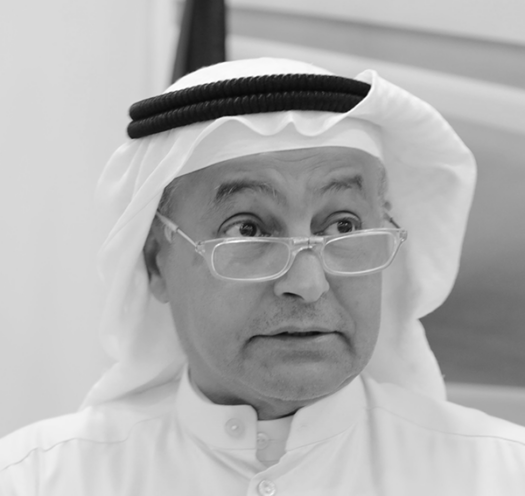

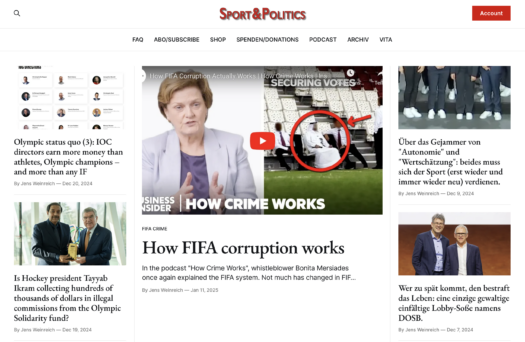
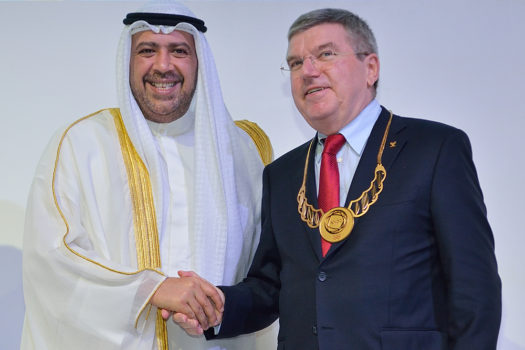
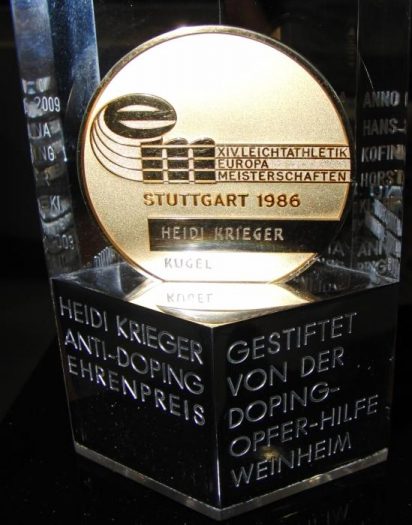
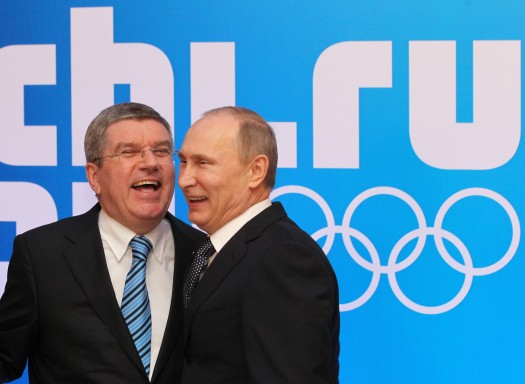
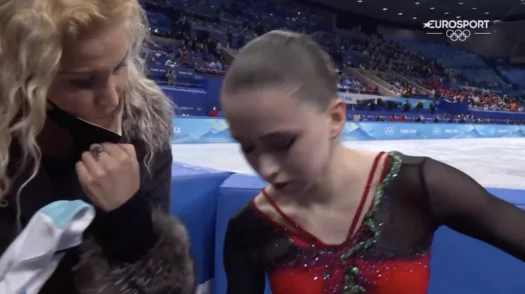
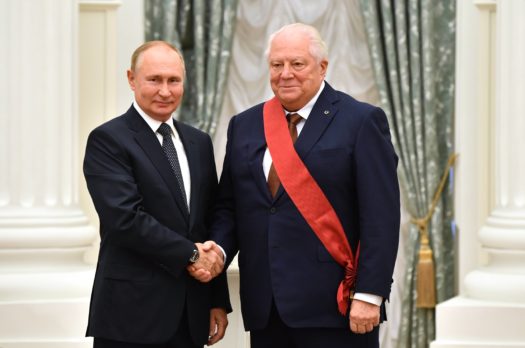
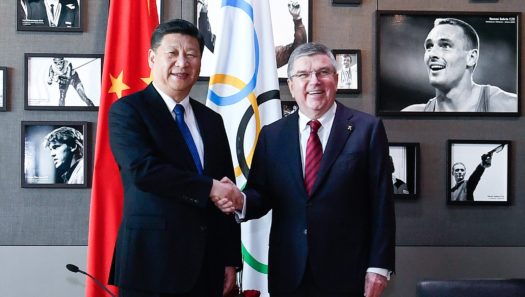
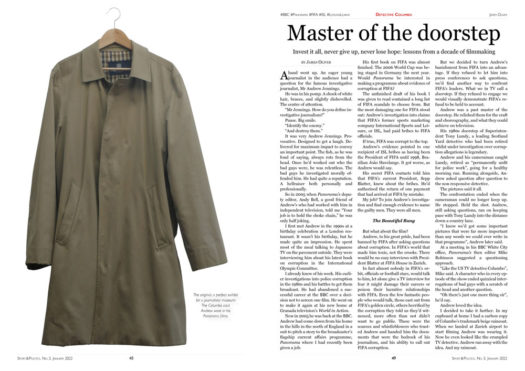
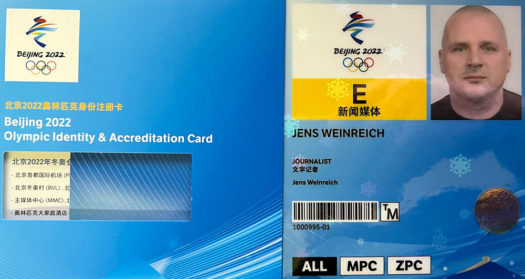
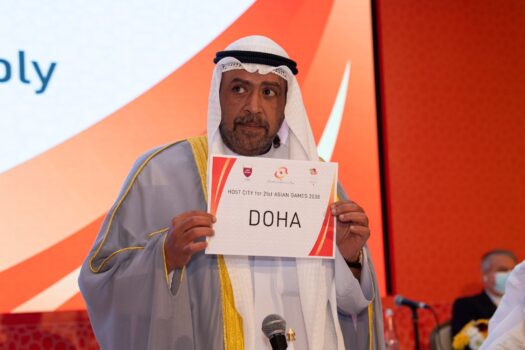
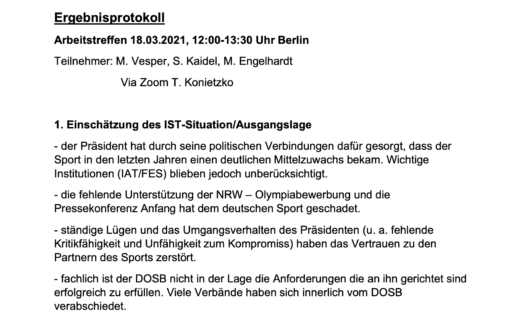
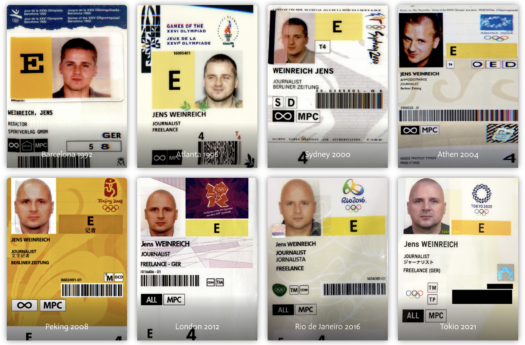
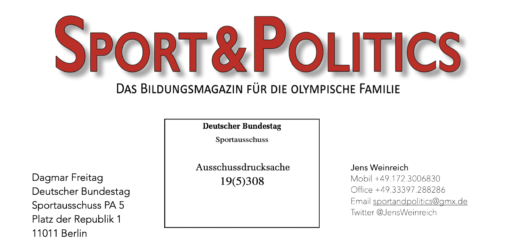
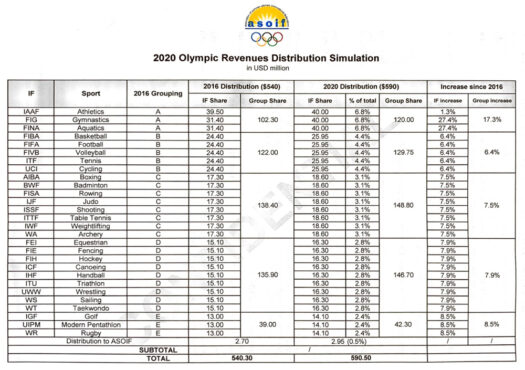
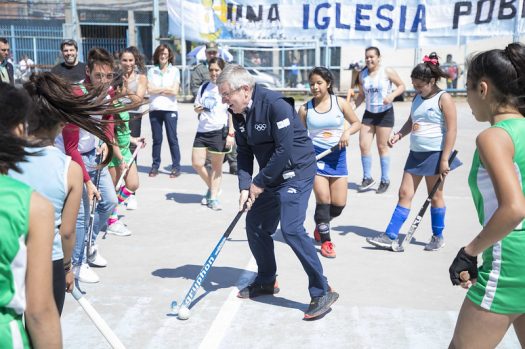
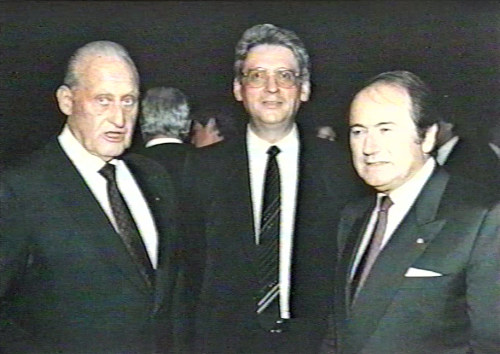
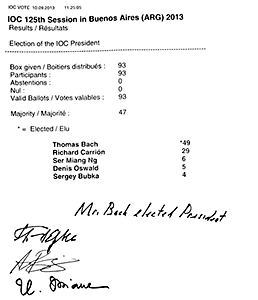
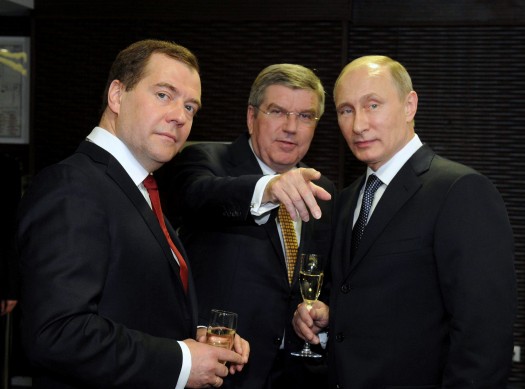
Herr Weinreich, Sie sind wie ein Elefant – und das ist wunderbar. Köstlich, der Rudi!
Aber: Ich hatte Sie ja letztens nach eingefrorenen Dopingproben von großen Fußballturnieren gefragt … Ist Ihnen da bekannt, ob es die gibt und ob diese bsp. auf CERA getestet werden sollen? Die Ausdauerleistungen einiger EM-Teilnehmer wurden in diesem Jahr schließlich ausgiebig bestaunt.
Ich wusste, dass Hannnns noch mal drauf zurückkommt. Die Antwort ist: Ich weiß es nicht.
Die Uefa behauptete am 2. Juli 2008:
Meldung vom 22. September 2008:
Pingback: Rudolf Scharping sagt auch … : jens weinreich
Trotzdem danke. Ich habe mich übrigens gefragt, ob Sie an dem Beitrag in der aktuellen „Message“ über das langsame Sterben der „Berliner Zeitung“ auch in irgendeiner Form mitgewirkt haben. Und warum Matti Lieske nicht bloggt, aber das nur Rande …
Pingback: Beate Merk vs. Thomas Bach 0:6 : jens weinreich
Fürs Protokoll eine Meldung von heute:
Am 12. November tritt BDR-Präsident Scharping vor dem Sportausschuss auf. So ein Zufall aber auch.
Dazu auch FR: Grünes Band bald gelb?
Um dies ebenfalls klarzustellen:
Das Radsport Team Lübeck erhält das Grüne Band für seine erfolgreiche Dopingprävention:
http://www.cycling4fans.de/index.php?id=4167
Vom BDR gab es für dieses Projekt leider nicht immer Unterstützung…
Pingback: Bundesinnenministerium unterstützt den Bund Deutscher Radfahrer : jens weinreich
Bei der WM vor meiner Haustür wird nicht gedopt und die Scherpe ist auch nicht dabei ;o) LG aus der Schweiz
schön, wie Bjarne Riis darauf achtet, daß seine fahrer während der vuelta drogenfrei bleiben.
Andreas Burkert in der SZ: BDR-Delegierte wählen Pfab ab – Gegen Scharpings Vize
Pingback: Beate scharping | Valorcg
Peter W. Streng sagt …
SpOn: Nach rechten Facebook-Posts; BDR-Funktionär unter Druck
Tour: BDR-Präsidiumsmitglieder treten zurück
Benjamin Knaack für SpOn: Vorstands-Ärger im Bund Deutscher Radfahrer